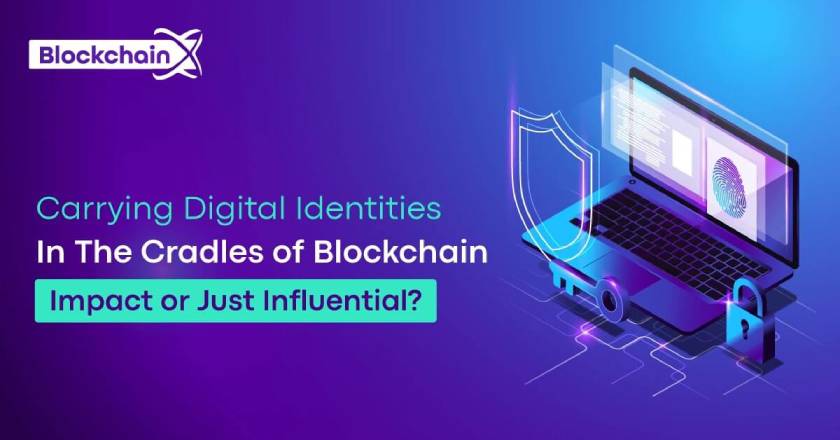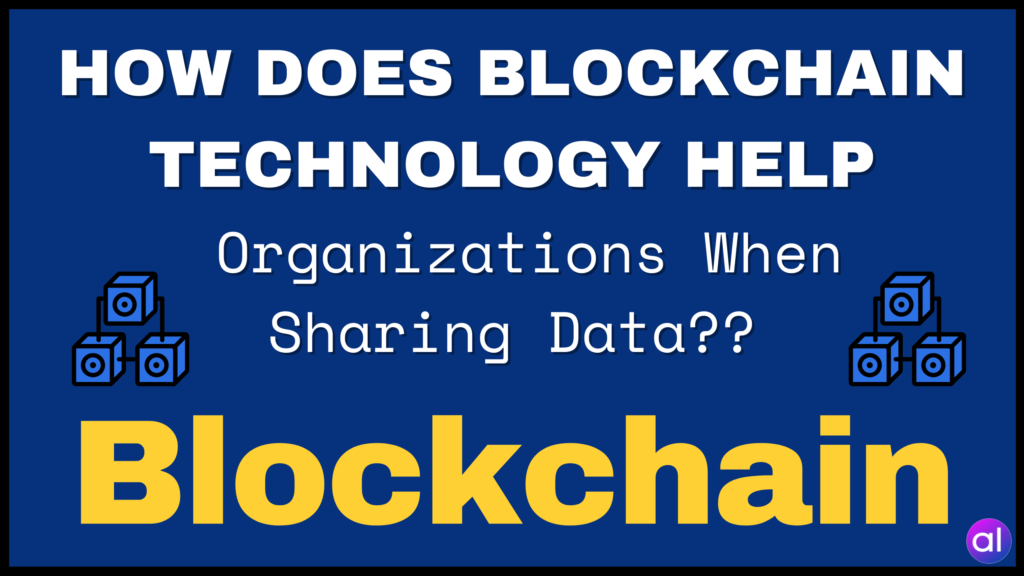
Our identities are a fundamental part of who we are, both in the physical world and in the digital realm. As we transition towards a more digital society, the importance of digital identity becomes increasingly apparent. With the rise of cloud storage and the need for secure data handling, digital identities have become a global phenomenon.
Blockchain technology has revolutionized the way we manage digital identities, providing a unique and accurate way to establish one’s identity online. This transformation has raised questions about the effectiveness of blockchain-based digital identities and their impact on data handling.
Identity – The Transformation That The World Is Looking Up To
Traditional forms of identification, such as driver’s licenses and ID cards, have evolved into digitized identity structures, reducing the need for physical documentation. This shift has streamlined data management and improved efficiency.
Classification of user data
Companies and organizations
Devices connected through the internet
Individuals data
This digital transformation has benefited companies by enhancing user privacy and compliance with regulations. It has also improved IoT device management and provided individuals with secure digital identities.
Blockchain has introduced Digital Identity (DID), a system that ensures accuracy and security in online identities. DID is crucial for preventing fraud and streamlining citizenship services.
What Is Digital Identity (DID) And Its Emergence In Importance?
Digital identity encompasses all aspects of a person’s online presence, including social media profiles, preferences, and account information. Blockchain technology has enhanced the security and reliability of digital identities, making them more trustworthy and efficient.
Denoting digital identity in the blockchain
Blockchain’s impact on digital identity is significant, as it enhances security and prevents fraudulent activities. Digital identities play a vital role in social transformation projects and economic improvements for communities.
Beneficiaries Of Digital Identity Managements In Blockchain
The EU General Data Protection Regulation has strengthened data protection standards through blockchain technology. Governments are leveraging distributed ledgers to protect citizens’ personal information and establish secure digital identities.
DID enjoys the following benefits through blockchain technologies.
Decentralized Public Key Infrastructure (DPKI)
Completely decentralized storage.
Easy Manageability and control.
Public Key Infrastructures – Decentralized identity
Blockchain technology enables tamper-proof, trusted distribution of cryptographic keys, enhancing security and data integrity. Decentralized storage solutions ensure data security and prevent unauthorized access to personal information.
Completely decentralized storage
Decentralized storage systems like Ethereum blockchain and interplanetary File-systems protect identity data from unauthorized access and exploitation. Users have full control over their identities, ensuring data security and interoperability.
Easy Manageability And control
Decentralized identity frameworks empower users to manage their security measures and protect their data from hackers. Data portability enhances user experience and simplifies identity verification across different platforms.
Various Use cases of Blockchain Identity Management
Blockchain-based digital identity management offers self-sustainable identities, data monetization opportunities, and enhanced user data portability. These features contribute to economic growth and empower individuals in the digital economy.
Blockchain-Based DID Contributing To Economic Growth
Blockchain technology, specifically Digital ID, is poised to drive economic growth by unlocking new value and enhancing data security. Decentralized identity modules offer users greater control over their data and stimulate economic activity in the global market.



